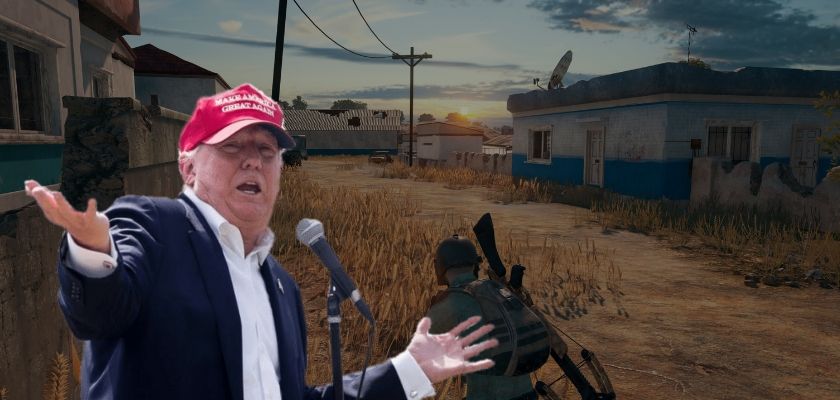In the wake of Saturday’s mass shootings, President Trump gave a speech suggesting that competitive video games and the internet’s darkest recesses are partly to be blamed for the increase in outbursts of violence.
Games that “celebrate violence” should be limited and made harder to buy, said Trump.
“We must stop the glorification of violence in our society. This includes the gruesome and grisly video games that are now commonplace.”
According to Trump, troubled kids nowadays can easily surround themselves with a violence-celebrating culture through movies, video games, and the internet.
He did not specify by what means the government intends to regulate the representation of violence, but he said that action has to be taken “immediately”.
President Trump has suggested on several previous occasions that violent video games should be regulated to prevent them from damaging the younger audiences:
“I’m hearing more and more people say the level of violence on video games is really shaping young people’s thoughts,” he declared in 2018,” and carried on addressing violence in movies: “You see these movies, and they’re so violent. And yet a kid is able to see the movie if sex isn’t involved, but killing is involved, and maybe they have to put a rating system for that.”
However, no significant connection has been established so far between violence in video games and violent behavior. The alleged relationship between the two continues to be an open debate for the experts.
In February, a study found that there is no evidence that people who play violent video games are more prone to real-world aggression compared to their peers, and that the link between the two had been overstated.
Professor Andrew Przybylski, director of research at the Oxford Internet Institute and lead researcher on one of the most in-depth studies on the subject yet, explained that “the idea that violent video games drive real-world aggression is a popular one, but it hasn’t tested very well over time.”













